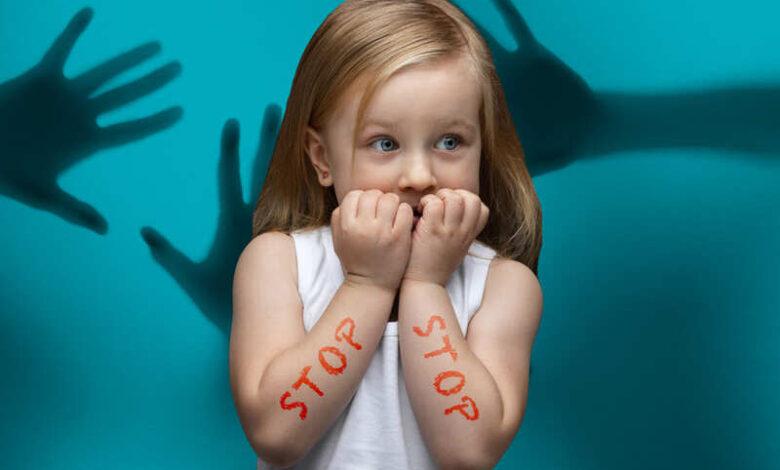Grooming: How to Recognize Sexual Threats to a Child Before It’s Too Late

Sexual violence against children is one of the most serious types of crimes that causes deep and often irreparable damage to the child’s psyche, development and dignity. It is rarely talked about, often with anxiety, sometimes with shame. However, it is silence that provides the ground for repeating the crime. At a time when Ukrainian children are in an even more vulnerable position due to war, migration and loss of support, parents, teachers and adults around them need to understand the main thing: a threat does not always look like violence. It is often disguised as care, affection and generosity.
What is grooming
Grooming is a psychological strategy in which the abuser gradually gains the trust of the child (and sometimes the child’s family) in order to reduce resistance and prepare the child for sexual contact or manipulation. It is not about sudden violence, but about slow, carefully orchestrated preparation that can last weeks or months.
This process often begins with “friendship”, gifts, sincere interest in the child’s life, help in studies or sports. At the same time, parents may see an adult not as a threat, but as support, authority, or even a savior. But this is one of the most dangerous components of grooming.
Signals that cannot be ignored
Parents should be especially careful if:
– an extraneous adult persistently spends time with the child without the presence of others;
– the child receives frequent gifts from him for no apparent reason;
– communication with an adult continues through personal messengers, at night or during non-working hours;
– the adult positions himself as “the only one who understands” the child, discrediting the family;
– in the conversations of an adult with a child, there are hints of intimacy, jokes with sexual undertones;
– the child is persuaded not to talk about the content of communication with this person.
Particularly dangerous are situations when an outsider adult becomes the center of emotional attachment for a child, makes him dependent on his own approval, and at the same time isolates him from other significant people.
“Family Grooming”: When danger enters through trust
In many cases, the perpetrator tries to gain the trust not only of the child, but also of the parents. He becomes a “friend of the family”, helps, participates in everyday life, creates an impression of complete reliability. This is family grooming. When parents relax their vigilance, and the child is already trapped.
Examples include coaches, tutors, family friends, godparents, who gradually gain more and more private access to the child, using this trust as a shield.
Who is at high risk?
Criminals do not choose random children. Often it is:
– children with low self-esteem or those who feel emotionally neglected;
– lonely people or those who have problems with adaptation;
– children with traumatic experiences – losses, migrations, war events;
– those who seek recognition or support outside the family.
That is why children of refugees, immigrants, as well as children who study in a new team or are experiencing a psychological crisis, need special attention.
What should parents do?
Notice changes in the child’s behavior: withdrawal, irritability, sudden refusal of usual activities, new attachments to one adult.
Teach the child the rules of personal safety, explain that the body belongs only to her.
Do not be shy to talk with the child about difficult topics, to form an understanding of personal boundaries.
Prohibit the child from being alone with an adult who is not a close family member, even if it is a relative, coach or neighbor.
Maintain open contact in which the child is not afraid to tell about something suspicious.
Believing the child, even if he talks about something difficult, is the first step to protection.
What schools, circles, sections can and should do
Establish clear rules for interaction with children, in particular, transparency in communication.
Prohibit private correspondence between adults and children.
Avoid situations in which the child is left alone with the coach or mentor.
Train staff to identify signs of grooming and understand that this is not an exaggeration, but a real threat.
What to do if you suspect grooming or abuse
Contact:
– to the national hotline for children and parents;
– to local bodies for children’s affairs;
– to the police or specialized support centers;
– to the school psychologist, if the situation unfolds within the educational environment.
Silence does not stop violence. It is stopped by attention, recognition and action. Grooming is not an isolated phenomenon, but a common tactic that parents should be familiar with, not from gossip, but from real knowledge. And the main thing: to protect does not mean to keep the child in fear. It is necessary to give her knowledge, trust, support and boundaries.





